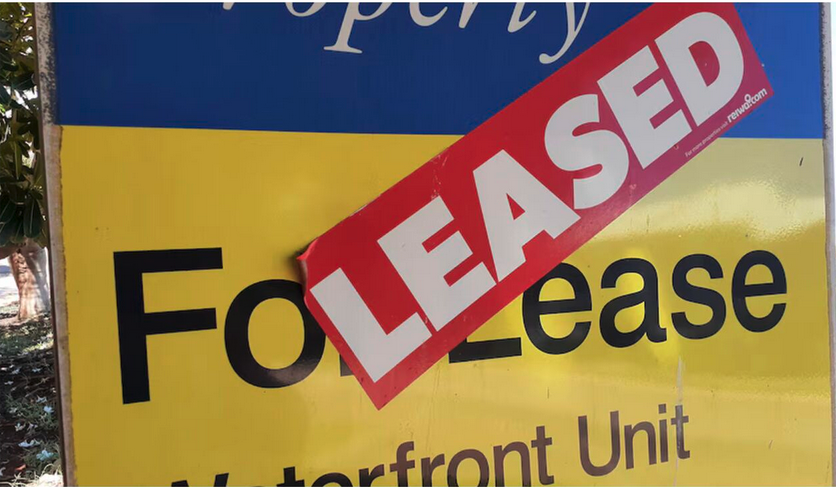Are Investment Properties Overrated?
Property still gets talked about like it’s the golden ticket. People love dropping how many they own, as if that’s the goal.
The other day I sat through a talk where the speaker was showing off their COVID-era property portfolio. They even put the addresses up on the screen. So I looked them up.
Most of them had barely moved in price for ten years, had a sugar hit during the pandemic, and then flattened out again.
No mention of how much debt they were carrying. Nothing about how the cash flow stacked up. Just good vibes and a loud microphone.
As someone who sees the actual numbers behind the scenes, I can tell you what’s said publicly often doesn’t match reality. A lot of people are chasing tax benefits and old property myths, without thinking about what the decision means for their life.
Property still has a place in Australia. The system supports it. But it’s not always the smartest play.
And if someone is bragging about how many investment properties they have, it’s worth asking…why are they telling you?
Most people don’t have a plan
I’ve had plenty of clients come to me with a property they bought years ago because someone said it was a good idea. Usually a friend, a family member, or a spruiker.
No real strategy. No plan for how it fits into their long-term life goals. Just a loose idea that it’d make them rich one day.
But then interest rates go up, the rent doesn’t increase, and suddenly they’re dipping into their savings just to hold onto it. Or worse, missing out on other opportunities because all their money is tied up in a single asset.
The common mistakes
There’s a free guide on my website that goes into this in more detail, but here are the five mistakes I see most often.
1. Buying with emotion, not logic
People choose a place they’d like to live in, not one that’s likely to grow in value. Investing is about numbers, not tiles and kitchen splashbacks.
2. Not having enough saved
You need cash to cover repairs, vacant periods, or sudden interest rate hikes. Without a buffer, the property becomes a source of stress, not wealth.
3. Flying solo without a team
You need advice from people who aren’t trying to sell you something. Think financial adviser, accountant, mortgage broker. The right structure and strategy can save you thousands.
4. Getting the ownership or loan wrong
Who owns the property, how it’s structured, and how the loan is set up can all impact your tax and long-term flexibility. Once it’s done, it’s hard to undo.
5. Not thinking about what’s next
If you’re planning a renovation, a new business, or want to take time off in a few years, locking in a big property debt now might stop that from happening. The ripple effects are real.
The myth about doubling every 7 years
This one needs to go. Not every property grows like clockwork. Plenty don’t grow at all.
Yes, some suburbs or cities have seen strong growth, but others have gone nowhere for years. Past averages mean nothing if the fundamentals aren’t there.
You’ve got to look at population growth, infrastructure, and rental demand, not just the last boom.
What are you actually trying to do?
Before making any investment, ask yourself what you’re really aiming for. More time with your kids? Flexibility to take time off? A way to build wealth without giving up your lifestyle?
Then ask.. is this property going to help or get in the way?
It’s not about saying property is bad. It’s about making sure it fits. Sometimes a property makes perfect sense. Other times, a more flexible investment portfolio does the job with less hassle and more control.
If someone’s sharing how many investment properties they own, it might be worth wondering why. Is it to impress? To validate the pain they’ve gone through to hold it? Or is it because they’ve built a system that actually works for them?
Want to know more?
1) You can click here to book a free 15-minute free clarity call with Sam Woodhouse to discuss how this may relate to you.
2) Join our Your Money Simplified email list to start taking control of your money today. And when you subscribe, I'll give you a PDF called My 3-Step Process for Building Your Road Map to Financial Freedom.
The information contained in this article is general information only. It is not intended to be a recommendation, offer, advice or invitation to purchase, sell or otherwise deal in securities or other investments. Before making any decision in respect to a financial product, you should seek advice from an appropriately qualified professional. We believe that the information contained in this document is accurate. However, we are not specifically licensed to provide tax or legal advice and any information that may relate to you should be confirmed with your tax or legal adviser.
